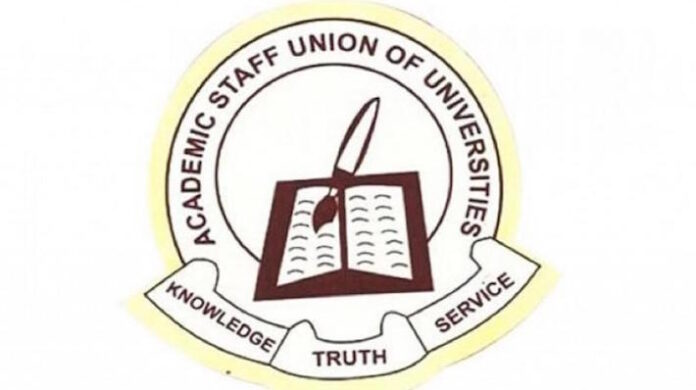The recurring disputes between the Academic Staff Union of Universities (ASUU) and the Federal Government have once again returned to the national stage, with the latest contention centered on the enforcement of the “No Work, No Pay” policy. The policy, which withholds salaries from workers who embark on industrial action, has reignited long-standing debates about labour rights, government accountability, and the sustainability of Nigeria’s university system.
The Federal Government maintains that the “No Work, No Pay” rule is consistent with labour law and necessary to protect the integrity of the public service. According to the Minister of Education, Dr. Maruf Tunji Alausa, the directive ensures that government funds are tied to actual service delivery. He explained that lecturers who suspend teaching duties during strikes are, by law, not entitled to wages for the affected period.
Supporters of the policy argue that it discourages repeated disruptions to the academic calendar, which have over the years undermined the quality of education and caused significant losses for students and parents. Government officials insist that a stable university calendar is key to improving Nigeria’s global academic competitiveness and restoring confidence in the public education system.
On the other hand, ASUU views the policy as punitive and counterproductive. The union’s leadership contends that strikes are legitimate tools for demanding better working conditions and for holding government accountable to agreements previously reached. ASUU insists that its members often continue with research, project supervision, and administrative duties even during strikes, and therefore should not be deprived of their pay.
Beyond the immediate dispute, the controversy reflects deeper structural problems in Nigeria’s higher education sector. Many universities face chronic underfunding, infrastructural decay, inadequate staffing, and brain drain. Successive administrations have pledged reforms, yet progress remains slow. ASUU maintains that without significant investment in revitalization and research, the quality of university education will continue to decline.
The Federal Government, however, argues that funding constraints, competing national priorities, and accountability concerns make it difficult to fully implement all of ASUU’s demands at once. Officials say the administration is exploring phased implementation of previous agreements while promoting dialogue and alternative dispute resolution mechanisms to minimize disruptions.
Observers note that both sides have valid concerns. While the government has a duty to ensure prudent financial management and continuous academic activity, ASUU’s advocacy for improved conditions resonates with the need to restore quality and morale within the university system. Education analysts suggest that sustainable solutions will require compromise, transparency, and long-term policy planning rather than short-term reactions.
Meanwhile, students remain the most affected by the impasse. Repeated strikes have disrupted academic progression, delayed graduations, and diminished trust in public universities. Many families are now turning to private and foreign institutions, creating new inequalities in access to quality education.
As the standoff continues, stakeholders are calling for a renewed commitment to dialogue. The Nigeria Labour Congress (NLC) has urged both parties to find common ground, warning that prolonged conflict could further destabilize an already fragile education system.
Ultimately, the “No Work, No Pay” debate underscores the urgent need for a reimagined approach to university governance in Nigeria, one that balances the rights of academic staff with the government’s responsibility to ensure consistent, high-quality education. Whether through improved funding, policy reform, or institutional accountability, a sustainable resolution will depend on the willingness of both parties to prioritize the nation’s future over entrenched disagreements.



